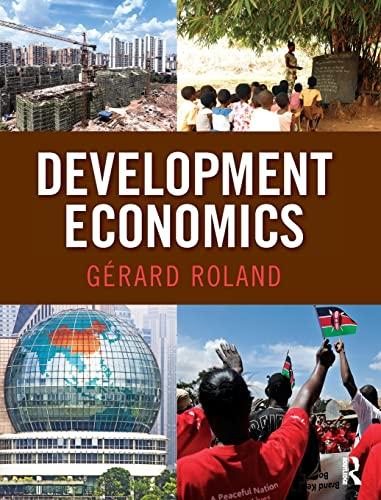Take the median voter model, in which the net income of an individual (after tax and redistribution)
Question:
Take the median voter model, in which the net income of an individual (after tax and redistribution) is (1 - t)yi + f, where yi is the income of individual i, t is the tax rate, and f is a lumpsum transfer financed by taxation. Assume that the distortionary cost of taxation is b1/2 t2y,
where y is average income. The government budget constraint is thus (t-b1/2t2)y = f. Assume average income is equal to 20 and median income is equal to 15. Calculate the equilibrium tax rate under democracy as a function of b. What is the equilibrium tax rate if b = 1, b 1.5, b = 2, b.5? Explain your results. How does the equilibrium tax rate vary as b increases? Why?
Fantastic news! We've Found the answer you've been seeking!
Step by Step Answer:
Related Book For 

Question Posted:





